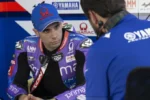
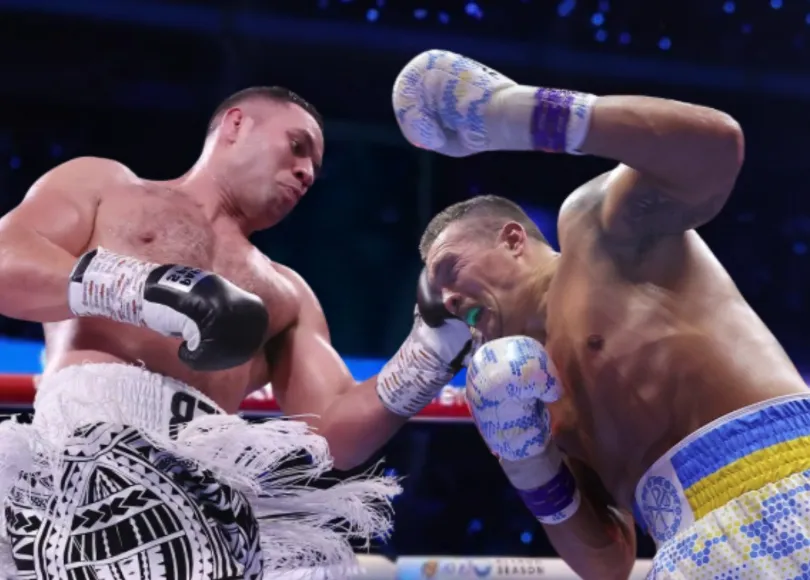
Usyk vs Parker: The Dream Heavyweight Fight Disappears – Did Parker Sabotage His Own Chances by Trying to Be Tough?
In the ever-evolving landscape of heavyweight boxing, few matchups spark both fan excitement and tactical curiosity like a potential clash between Oleksandr Usyk and Joseph Parker. One is the cerebral, technically gifted Ukrainian who has mastered nearly every level of the sport. The other is the durable, power-backed New Zealander with championship pedigree and renewed momentum. Yet, despite rumblings and whispers, the dream bout between Usyk and Parker has evaporated—seemingly without a trace. As the dust settles, one has to ask: did Joseph Parker’s desire to prove himself too soon backfire? Did his quest to seem invincible end up sabotaging what could have been the biggest payday and legacy-defining fight of his career?
Oleksandr Usyk’s reign and meticulous fight selection
Since moving up from cruiserweight and shocking the world by defeating Anthony Joshua, Oleksandr Usyk has cemented himself as the most elusive puzzle in modern heavyweight boxing. His movement, precision, and ring IQ have baffled bigger, stronger opponents who simply couldn’t find a way to disrupt his rhythm. With a professional record still unblemished, Usyk has the power of negotiation and the freedom to cherry-pick opponents—especially in the post-Fury limbo the division has suffered.
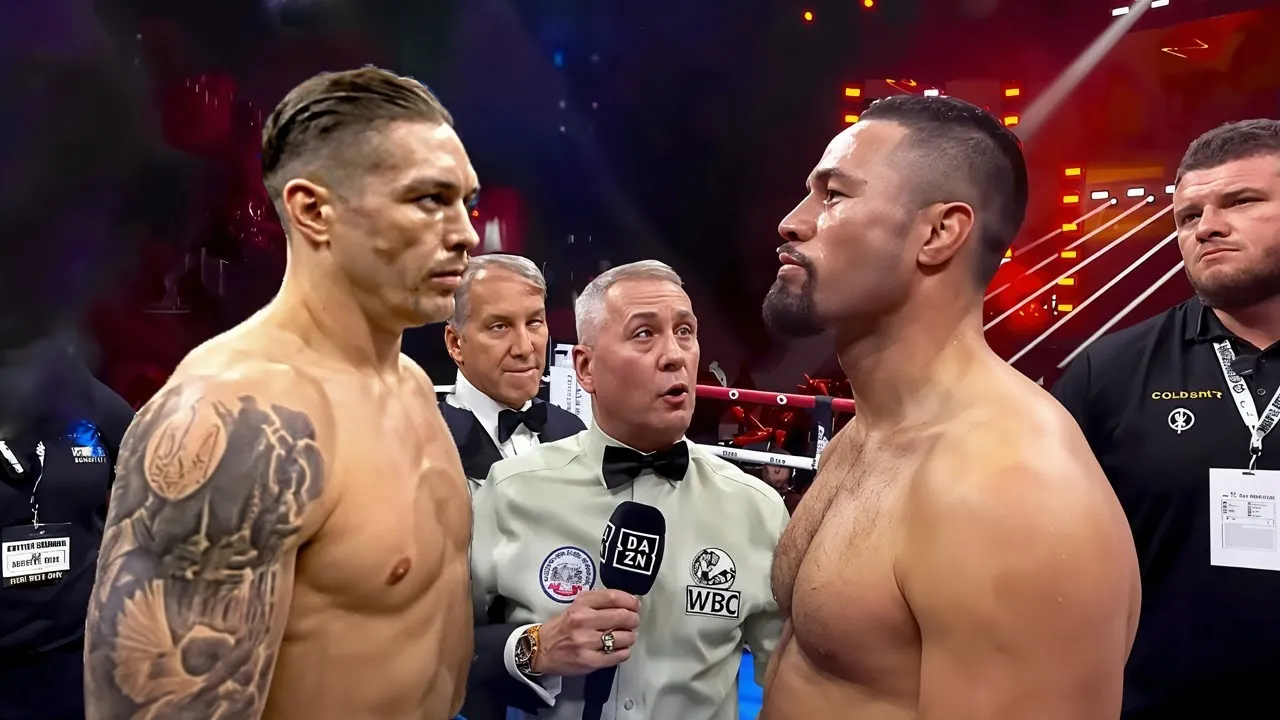
Usyk has never been about quantity; his quality-over-quantity fight strategy is designed to protect his physical health while maximizing legacy and financial gain. Each of his opponents has either been a current or former champion or someone riding major momentum. Parker, despite recent improvements, may have failed to meet all the criteria needed to make Usyk consider him a viable next step. That’s where Parker’s bravado may have cost him dearly.
Joseph Parker’s redemption arc was working
Joseph Parker’s comeback has been nothing short of admirable. After disappointing losses to Dillian Whyte and Joe Joyce, many saw his stock dropping fast in a fiercely competitive division. But Parker did what many couldn’t—he bounced back with grit, taking fights that were considered high-risk and coming out on top. His recent win over Zhilei Zhang surprised boxing analysts and reminded fans that Parker has speed, conditioning, and the kind of endurance that can wear down even the heaviest hitters.
This resurgence put Parker back on the map. He became a viable threat again—not just a name that top-tier fighters could use for credibility, but a real, legitimate contender. The stage was seemingly being set for a blockbuster clash with Oleksandr Usyk, perhaps even as a final hurdle before an undisputed title bout.
But somewhere between victory and visibility, Parker’s tone shifted. Instead of positioning himself as a flexible, hungry challenger, he took on a tougher-than-necessary persona. The New Zealander’s rhetoric became more about domination than collaboration. And in the politics of boxing, that’s a risky game.
Did Parker’s bravado push Usyk away?
It’s important to understand that fighters like Usyk, while fearless in the ring, are deeply strategic outside of it. With so much at stake in the heavyweight division—from belt unifications to record-breaking paydays—fighters don’t just choose opponents based on merit. They choose them based on timing, public demand, and negotiation ease. Parker, perhaps unknowingly, may have made himself appear more trouble than he was worth.
Instead of aligning with Usyk’s calculated path, Parker began pushing his own agenda. He expressed a desire to dictate terms, hinted at venue preferences, and even challenged the notion that Usyk was a tougher puzzle than past opponents. It was classic machismo—but it didn’t play well with a camp as careful and detail-oriented as Usyk’s.
In an era where patience and diplomacy often lead to mega-fights, Parker may have mistaken toughness for leverage. And when fighters like Deontay Wilder and Filip Hrgović became quieter, easier-to-negotiate alternatives, Parker’s name slowly slipped off the radar.
The boxing politics no one talks about
Behind every failed negotiation or shelved fight is a web of unseen variables—networks, promoters, money splits, venue demands, and, of course, fighter egos. In Parker’s case, being promoted by someone as seasoned and outspoken as David Higgins can be both a gift and a curse. While Higgins has done a tremendous job keeping Parker relevant, he’s also known for playing hardball, sometimes to a fault.
Usyk’s camp, particularly his manager Egis Klimas, doesn’t engage in long-winded back-and-forths. If a deal doesn’t look clean, they move on. It’s possible that the combination of Parker’s newfound confidence and the tough negotiating stance of his team made the entire idea unappealing for Team Usyk.
Let’s not forget, too, that Usyk is aiming for legacy. A win over Tyson Fury—or even a unification bout with someone like Hrgović or Jared Anderson—does more for his resume than a war with Parker. And if Parker was coming in with demands and no belt, then he was likely viewed as expendable.
Could Parker have taken a smarter approach?
Parker had a moment in the spotlight. He had momentum, fan sympathy, and a golden chance to work his way into one of the biggest fights of 2025. If he had taken the diplomatic route—echoing admiration for Usyk, deferring to public interest, and remaining flexible in terms of location and purse split—he may have earned a spot on the shortlist.
Instead, his push to “prove himself the hard way” may have delayed or destroyed that opportunity. Fighters today walk a fine line between self-promotion and alienation. Parker, in trying to prove he was no pushover, may have scared away the very matchup he was trying to secure.
Usyk has moved on—and so has the division
With Oleksandr Usyk now reportedly finalizing fights with other top names—possibly a long-awaited showdown with Tyson Fury or a mandatory title defense—the window for Parker is closing rapidly. In a division as unpredictable as heavyweight, one bad performance could erase months of progress. Parker must now take another riskier route to remain in contention, possibly facing a dangerous up-and-comer like Jared Anderson or a rematch with Zhilei Zhang.
The tragedy here isn’t just the missed fight. It’s the lost narrative. Usyk vs Parker could have been the perfect mix of style vs strength, finesse vs resilience. It would have been the kind of fight that offered legacy to both, and intrigue to fans. Now, it’s just another “what if” in the long list of heavyweight near-misses.
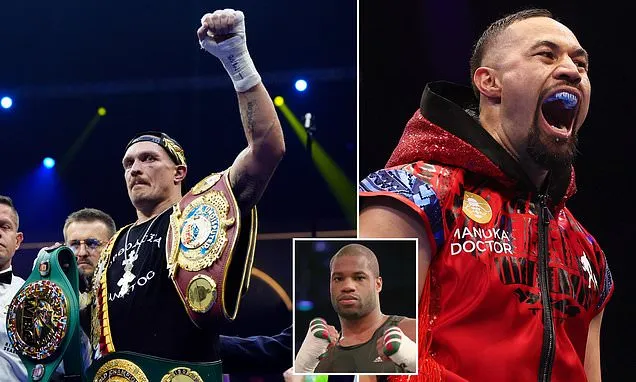
Where Parker goes from here
Joseph Parker still has gas in the tank and a loyal fanbase behind him. But he may have to reassess his communication and positioning strategy. The road to greatness in today’s boxing world isn’t just paved with punches—it’s also littered with PR moves, respectful callouts, and humble patience.
If Parker wants another shot at the top, he must play the long game. That may mean taking a few non-marquee fights, staying in the public eye with class, and waiting for the politics to swing back in his favor. His performance in the ring has shown that he belongs. Now, it’s about proving that he can navigate the business of boxing as effectively as he throws a right hand.
Conclusion: A lesson in timing and temperament
The story of Usyk vs Parker disappearing isn’t about cowardice or ducking. It’s about how timing, strategy, and tone matter just as much as rankings in today’s heavyweight hierarchy. Parker, in a rush to assert himself, may have walked away from a dream fight without realizing it.
And for Usyk, the train keeps moving. With bigger names, more belts, and unification on his radar, he has little incentive to look back. Unless Parker dramatically reshapes the narrative and fights his way to mandatory status, the Usyk fight may remain a dream—one clouded by what could have been.






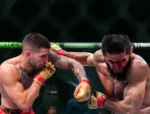

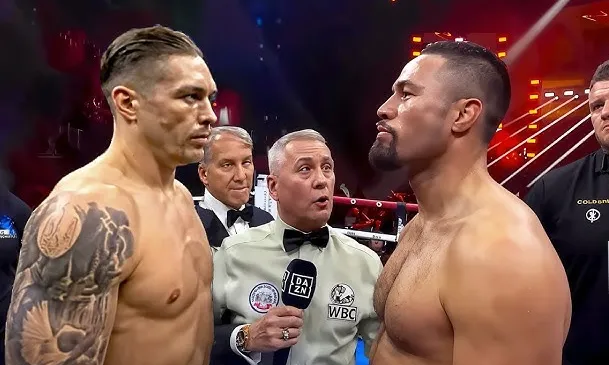
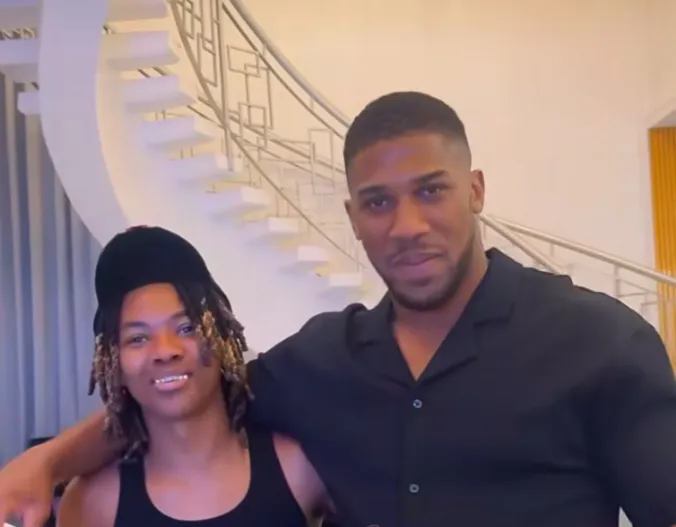
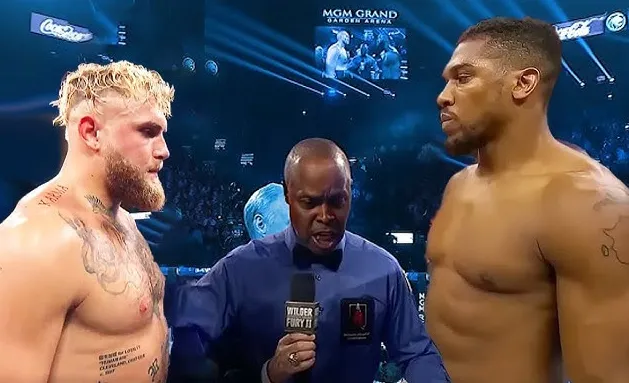








Post Comment